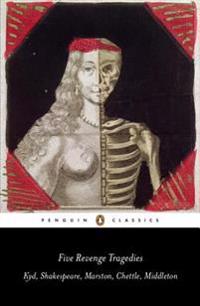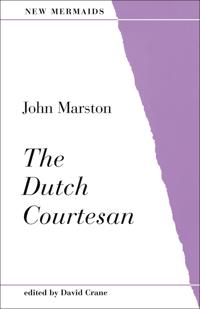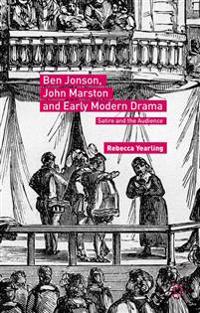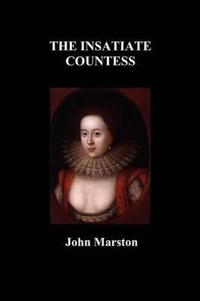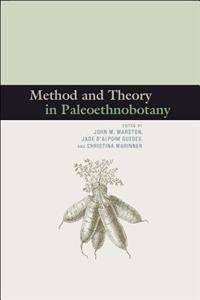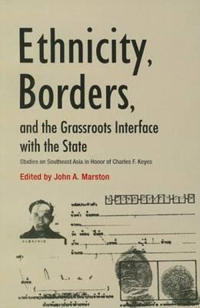Five Revenge Tragedies (Pocket)
avThomas Kyd, William Shakespeare, John Marston
ISBN: 9780141192277 - UTGIVEN: 2012-11As the Elizabethan era gave way to the reign of James I, England grappled with corruption within the royal court and widespread religious anxiety. Dramatists responded with morally complex plays of dark wit and violent spectacle, exploring the nature of death, the abuse of power and vigilante justic[...]
The Dutch Courtesan (Storpocket)
avJohn Marston
ISBN: 9780713644753 - UTGIVEN: 1997-09Although it was written shortly before or after Queen Elizabeth's death in 1603 and performed by the boy company at Blackfriars, this play foreshadows the light ladies and callous gallants of Restoration comedy. Passion is a scourge, love is humiliation, and friends might as well be enemies. Freevil[...]
Ben Jonson, John Marston and Early Modern Drama
ISBN: 9781137563989 - UTGIVEN: 2016-01This book examines the influence of John Marston, typically seen as a minor figure among early modern dramatists, on his colleague and rival Ben Jonson. It argues that Marston's plays represent an experiment in a new kind of satiric drama and argues for their wider significance to the theatre of the[...]
Marston Moor 1644 (Häftad)
avJohn Tincey, Keith Roberts
ISBN: 9781841763347 - UTGIVEN: 2003-03This work shows that the entry into the English Civil War of the Scots on the side of Parliament radically changed the balance of power in the North of England. The Royalists were forced onto the defensive and the Marquis of Newcastle found his army besieged in York. Prince Rupert proposed a bold pl[...]
Method and Theory in Paleoethnobotany (Häftad)
avJade D. Guedes, John M. Marston, Jade D'Alpoim Guedes
ISBN: 9781607323150 - UTGIVEN: 2015-02Paleoethnobotany, the study of archaeological plant remains, is poised at the intersection of the study of the past and concerns of the present, including agricultural decision making, biodiversity, and global environmental change, and has much to offer to archaeology, anthropology, and the interdis[...]
Ethnicity, Borders, and the Grassroots Interface with the State (Häftad)
avJohn A. Marston
ISBN: 9786162150722 - UTGIVEN: 2014-06This volume brings together exciting new research by anthropologists working on mainland Southeast Asia, in honor of anthropologist Charles F. Keyes. It addresses concepts central to Keyes' own work - ethnicity, religion, and modernity - as they can be applied to the countries of Thailand, Vietnam, [...]

